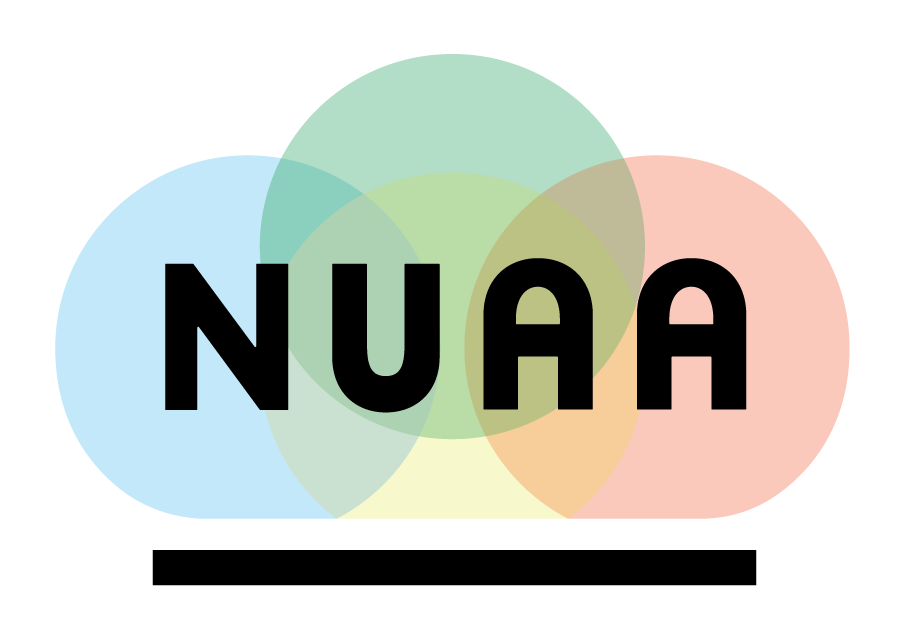NSW State Election 2023: where do the parties stand?
How do NSW Parties score on important drug policy reform in NSW? The NSW Users and AIDS Association asked registered parties for the upcoming NSW Election a series of questions (and did a little of our own digging) to understand how their party scores on important issues in NSW Drug Policy Reform. Check out our scorecard below to see what we found out.
These scores are based on the responses to our questions.
We gave them a tick if they were in support on the issue.
We gave them a cross if they were in opposition to the issue.
We gave them a question mark if their position was unclear on the issue.
The NSW Liberal Party did not send a response to our repeated requests, our findings are based on their published policy positions.
In addition to our scorecard responses, NUAA received the following policy statements regarding NSW drug policy reform:
“A NSW Labor Government will hold a wide-ranging drug summit as top priority. A drug summit would gather police, the legal system, clinicians, academics, family members, people who use drugs, young people and other experts together to consider and advise on a wide variety of policy challenges, including, but not limited to, drug use, addiction, policing practices and legislative or regulatory reforms.
Labor in Government would initiate a Centre for Road Safety review to further examine evidence in relation to the issue of drug driving tests.”
-NSW Labor
“The Sustainable Australia party will treat personal drug use (and abuse) as primarily a health issue and so generally decriminalise personal drug use, while also providing needed support to users via well-funded rehabilitation programs. You can find the Sustainable Australia Party policy under ‘Health’.”
-Sustainable Australia Party
In Australia your vote always counts
In the Australian electoral system, you can’t waste your vote by voting for a smaller party.
We have a preferential voting system, which means you number the candidates in order of who you agree with the most, to who you agree with the least. If your first choice doesn’t make the cut, the candidate that you listed as second can use your vote, and if they don’t have enough votes to win then your vote can go to your third choice and so on. You can make sure that your vote doesn’t go to a particuar candidate by numbering all the boxes, and putting them last.
If anyone tells you that you are wasting your vote by putting a number one next to a lesser-known candidate, they are lying to you. There is always a chance that a smaller candidate can win, and even if they don’t, bigger parties will pay attention to what positions caused other candidates to be popular.
At the end of the day, don’t vote number one for the party that you think is most likely to win, vote for the party that has policies that you think would make NSW a better place.
The NSW Electoral Comision has created a video to explain how voting works in NSW:
To find out more, and find where to vote: visit the NSW Electoral Comision website HERE

